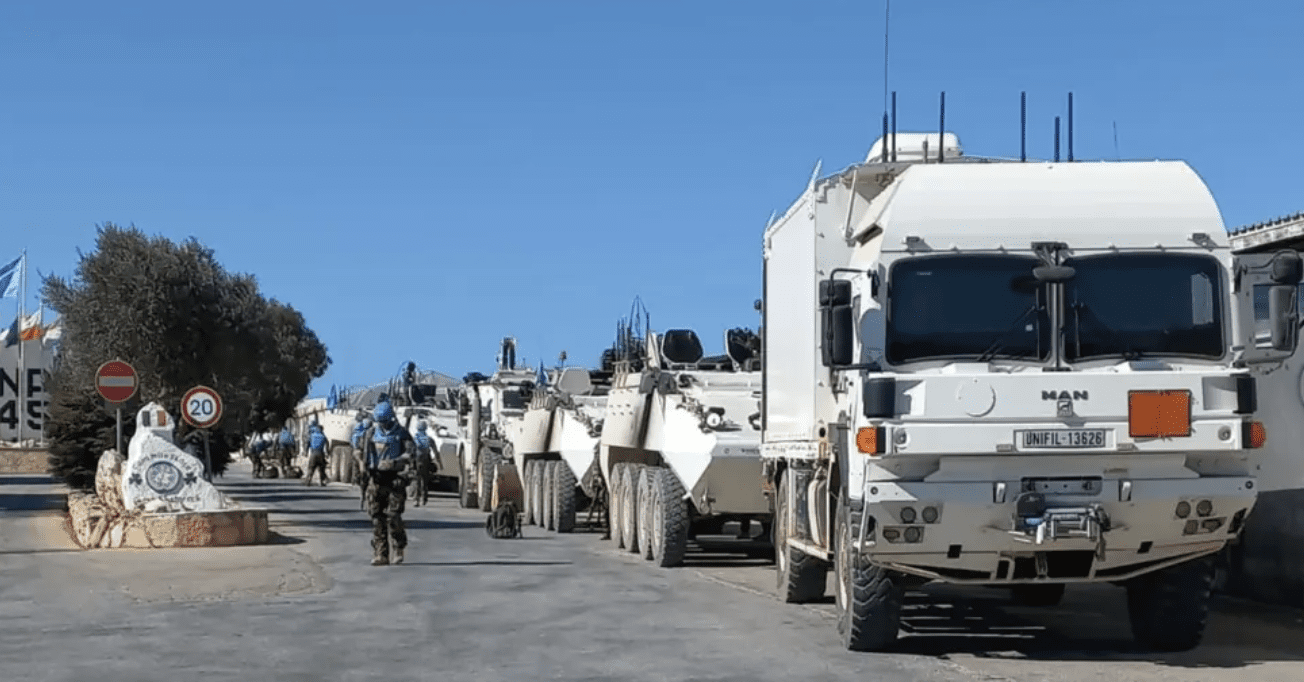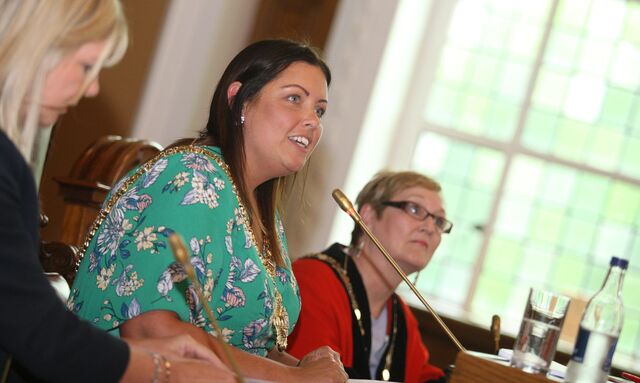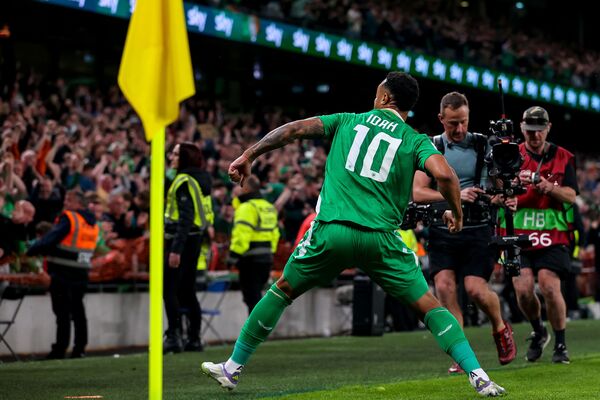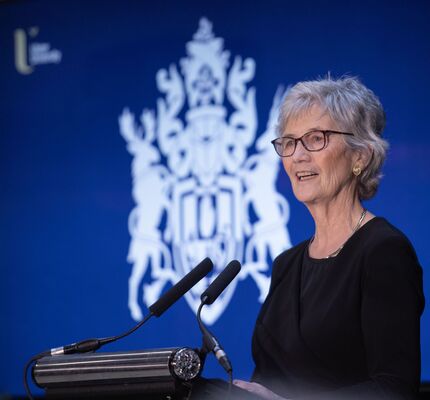ONE of the surprises of Féile this year was the repeated reference to Irish neutrality and the passionate response every time it was mentioned. It became clear by the end of the week that this is an issue that Irish people feel strongly about, an issue that they view in the context of the diminishing of the peace and security of the globe, and that it matters in the constitutional debate.
Irish neutrality is a practical matter and something more – it is about how we think about ourselves in the context of geopolitics.
For many, neutrality enables the best of us. It is nearly a year since 30 Irish peacekeepers carrying only rifles and small arms stood up to the Israeli army in Lebanon which was preparing to advance with all the tools of a military superpower. When the Israelis ordered the Irish soldiers to vacate their observation post on the Lebanon-Israel border they refused. They stood strong and they stood for international law and a rules-based order. And they won.
Neutrality creates the space for the army of Irish international aid workers who go into the worst of the globe’s conflict regions and support those living in fear, poverty and destitution. Some of that work has been with the United Nations and some of it has been with the pride of Ireland – the non-governmental relief organsiations like Trócaire and Concern. It is no coincidence that the voices for peace and humanity on the international stage often have Irish accents.
International lawyers confronting the desecration of humanity itself come with Irish accents. Whether it is Caoilfhinn Gallagher, defending the Article 2 rights of the murdered Alexander Litvinenko, or Blinne Ní Ghrálaigh leading the legal team in the Hague making the case for accountability against the Israeli state, Ireland produces human rights lawyers that set the standard for the rule of law in the face of state inhumanity. That is no coincidence, and is rooted firmly in Ireland’s place in the world.
These qualities are to be cherished and are the strongest of arguments for a new united nation of Ireland.
Membership of the European Union is part of that peace project. It is a statement that Europe must never again fall into conflict, and when it threatens, that law must be robust and effective. The 2017 promise of the European Union that a united Ireland is automatic re-entry for the population caught on the wrong side of partitioned Brexit is a promise of economic, social and cultural stability.
The European Union is not NATO, a purely partial and military organisation, whose ethical frameworks are at best suspect. There are some in the current leadership of the EU who wish otherwise. And they are the greatest threats to lasting peace.
Attempts by some in the government parties to mimic those forces and to drag the southern state into a compromised partiality are detrimental to the nation we are and want to be. Any suggestion that the triple lock can be compromised for political convenience should be anathema. For our small nation in the present and in the future, ensuring that there is international mandate for our actions preserves our integrity and reputation across the globe.
It means that the Irish are trusted allies for the most vulnerable at their most desperate, which is much stronger than any short term or convenient military alliance.







